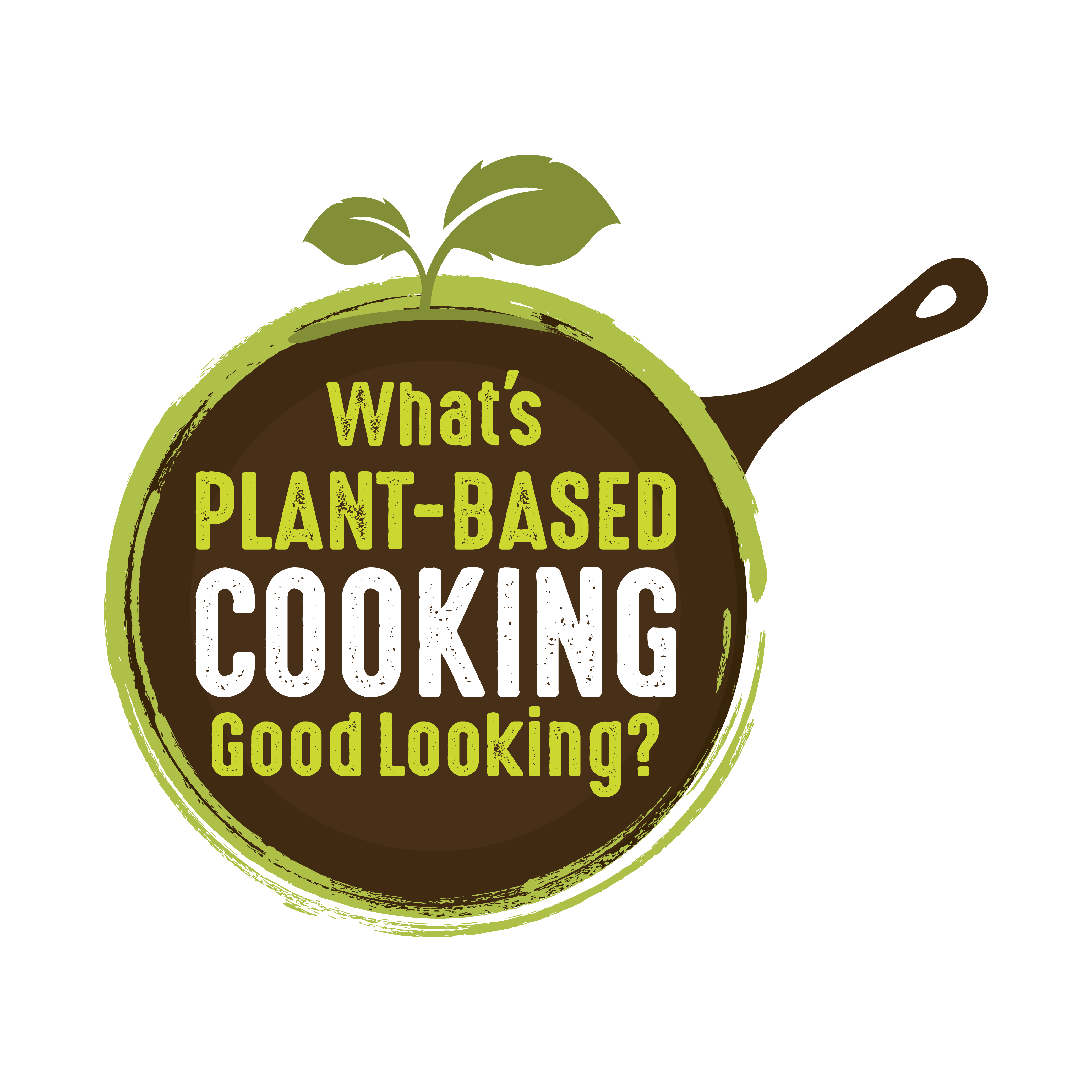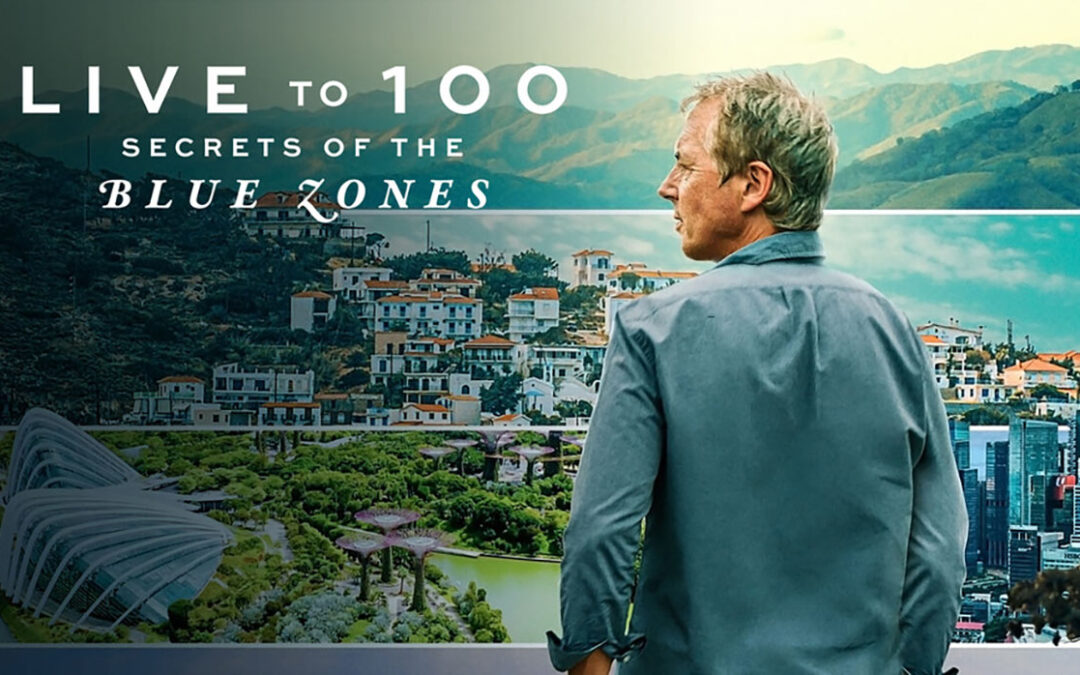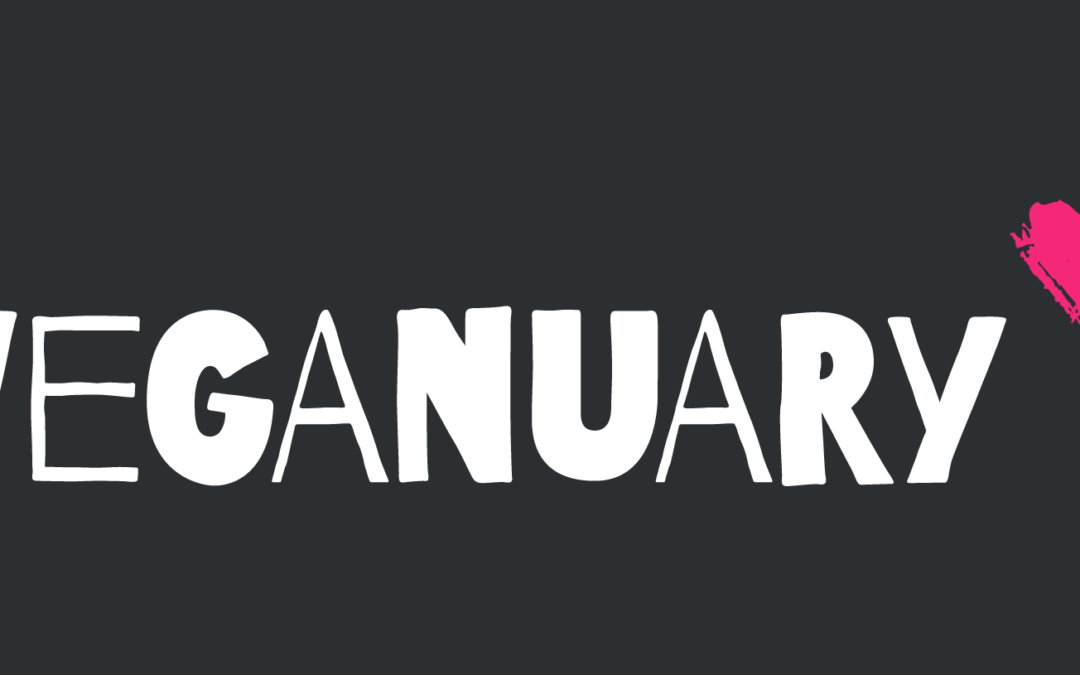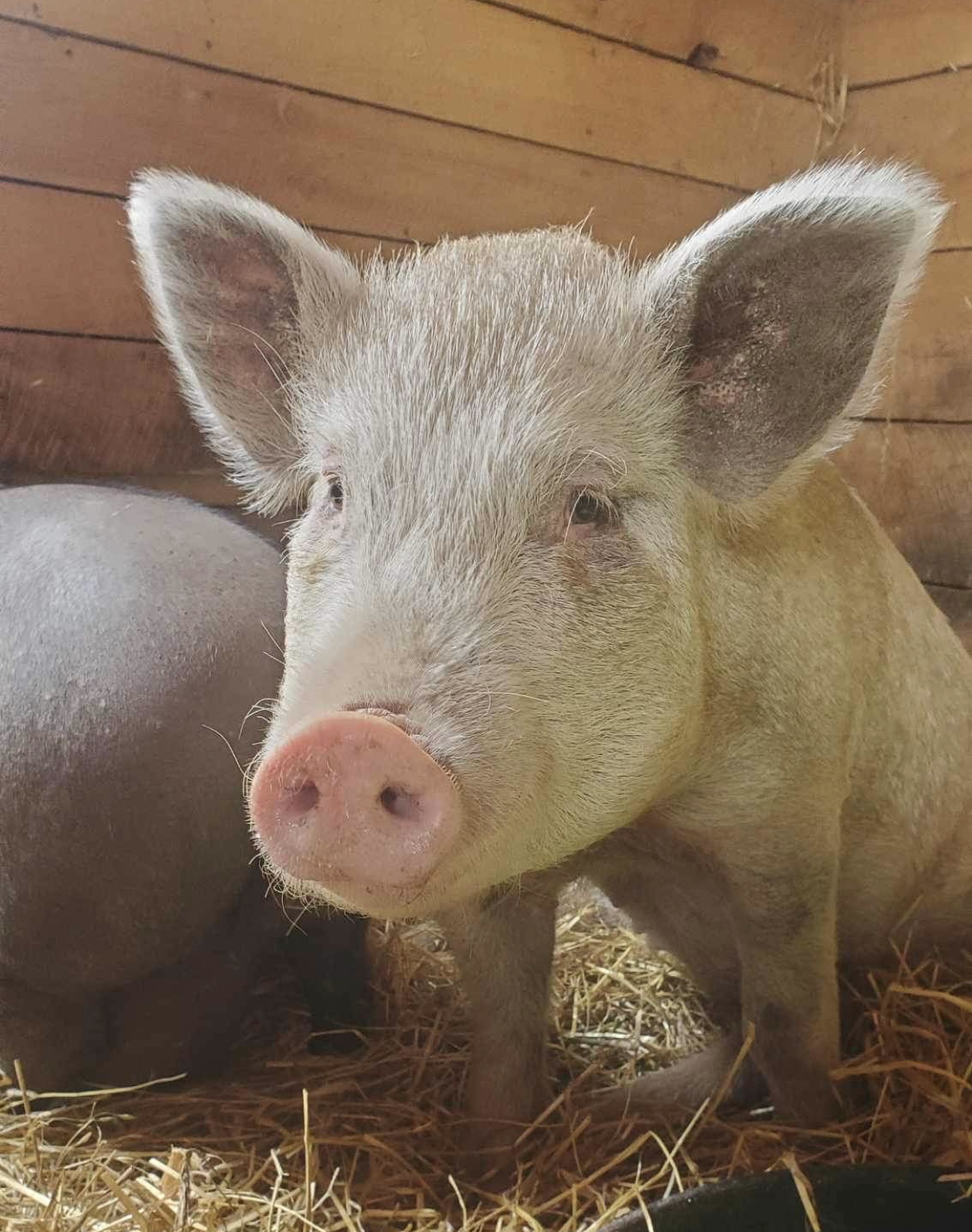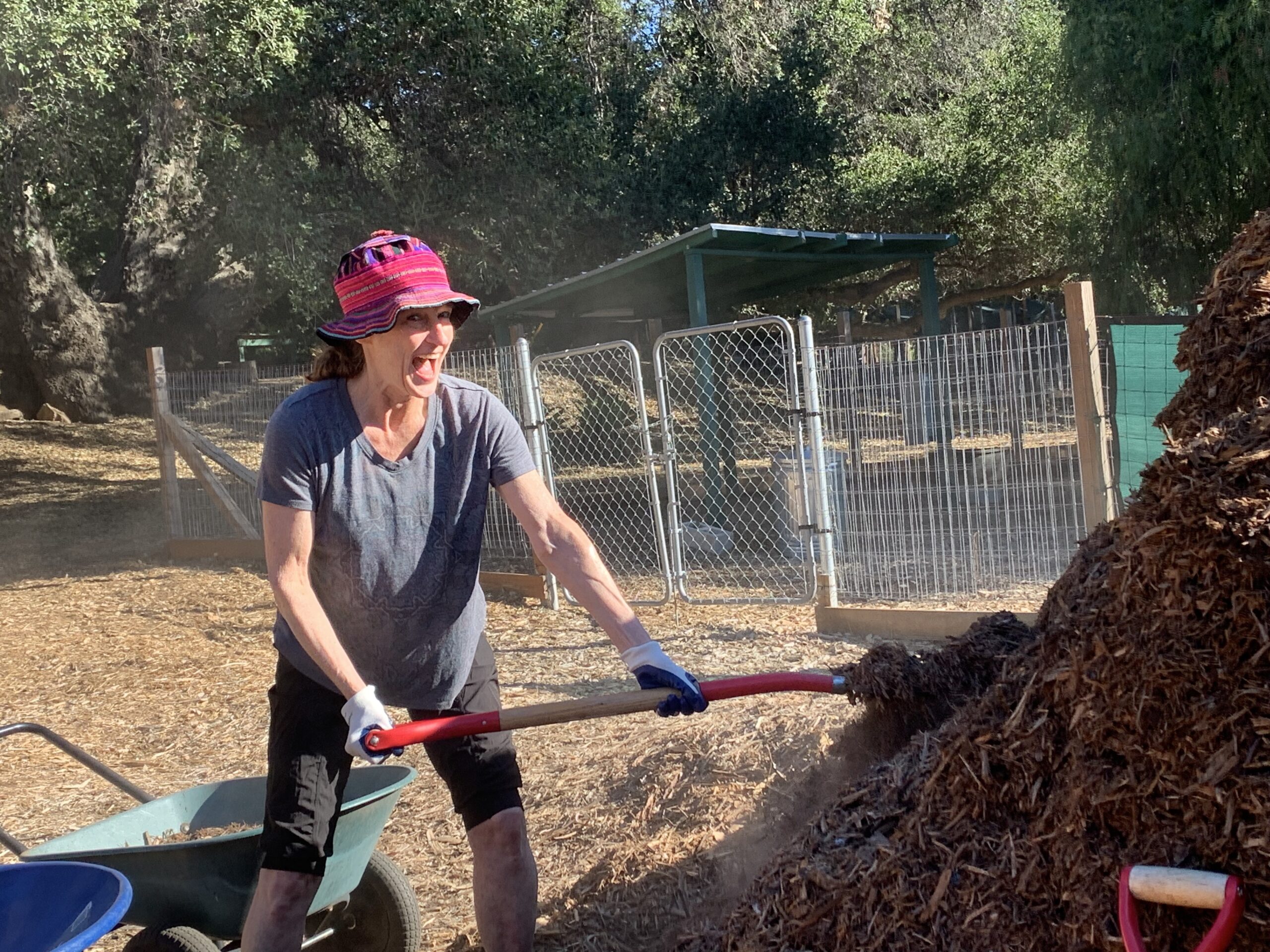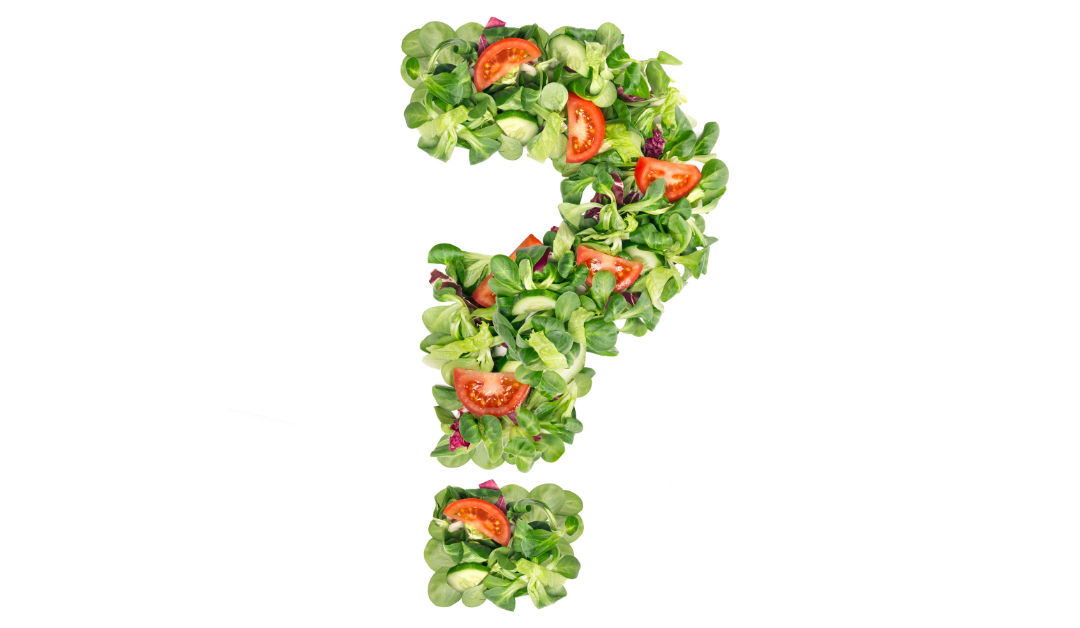
Your Biggest Plant-Based Questions Revealed
When people join my Facebook group, I ask them what their biggest questions and concerns are about eating plant-based. Here is a sampling of what I’ve learned:
🌿 Getting enough protein
🌿 I think it will be too time consuming
🌿 How to cook plant-based ingredients into a healthy, satisfying meal
🌿 Cutting veggies is so time consuming, is there a better way?
🌿 I need easy and budget-friendly recipes
🌿 Still enjoying rich flavors and textures in my food
🌿 Animal welfare is my biggest concern
🌿 Making sure my daily eating is nutritionally complete
🌿 I’m concerned I’ll miss eating animal products
🌿 Creating a whole plant-based menu is challenging
🌿 I have trouble finding good easy filling meals
🌿 I need variety. I get stuck eating the same things
🌿 I’m afraid to eat high carbs
🌿 Sticking to plant-based in a family that isn’t
🌿 I don’t like cooking. I want it to be easy
There are many more responses but these are the most common.
Here are my next questions: Has everyone reading this gotten their questions (even if they aren’t listed above) answered? Are you eating as plant-based as you’d like?
Or do you still have concerns?
If you still have concerns and you are serious about eating plant-based, then it is time to take action. Reading posts isn’t going to magically teach you how to cook and eat more healthfully, or to stop eating animals. And if you don’t already know how to cook plant-based, a recipe might not be sufficient. It’s time to take a class (whether mine or someone else’s) or contact me for one-on-one coaching.
If you are really interested in eating more plant-based and haven’t done it yet, taking my upcoming class is a perfect next step. Not only will you learn SIX new recipes over four weeks, but it will also be interactive. You’ll be able to ask questions about the recipes as we go, AND you’ll be able to pick my brain at the end of the class when we’re done cooking.
We’ll have plenty of time for questions at the end.
Class starts on January 10th and will be recorded.
It’s a brand new year and we are celebrating trying vegan for the month of January. It’s called Veganuary.
It is not too late to make a difference to your health, our planet or the animals. But you do need to take action to get results.
Please join us. It’s going to be fun and we’re all going to learn a lot.
Click here to learn more and join our Veganuary cook-along.
